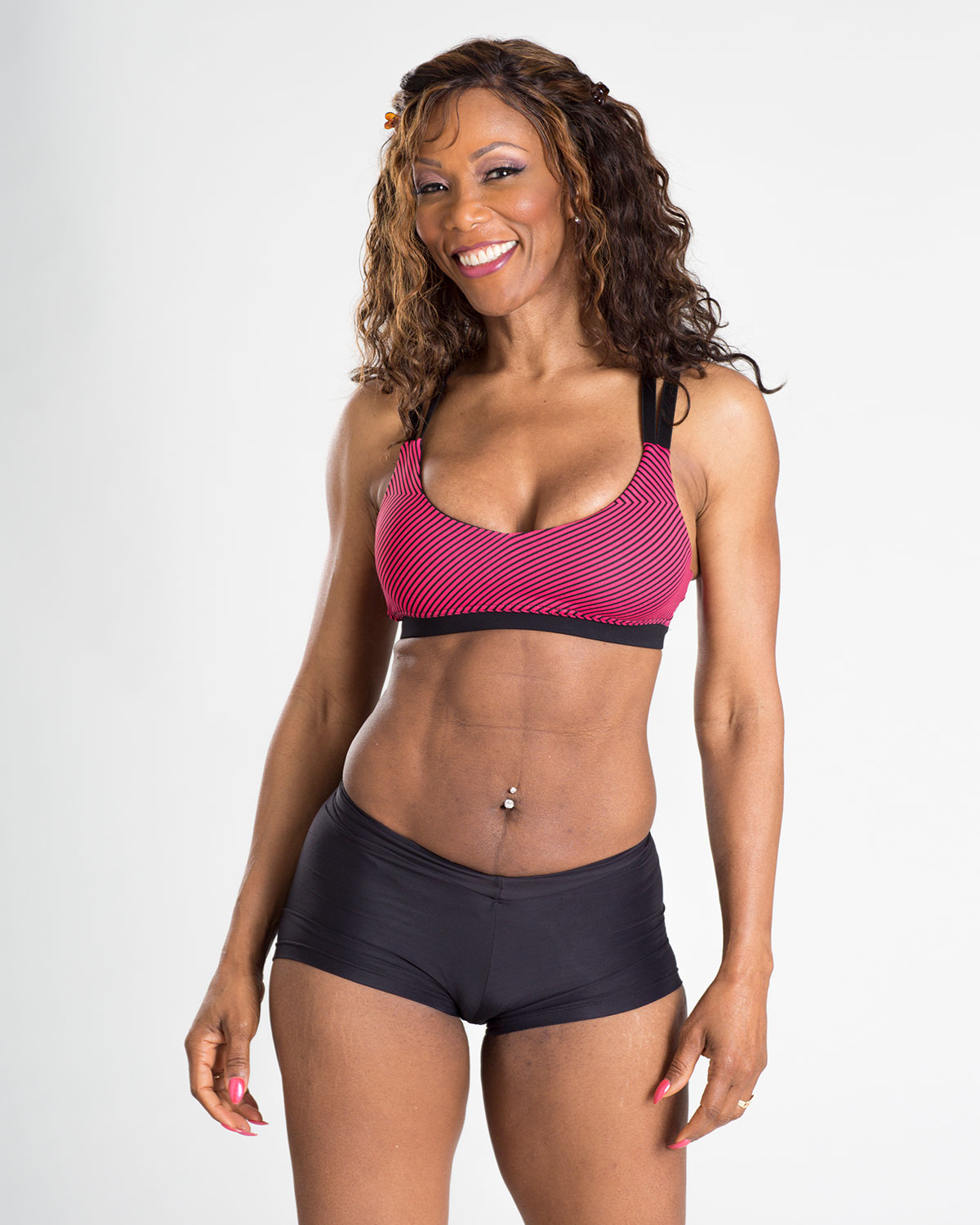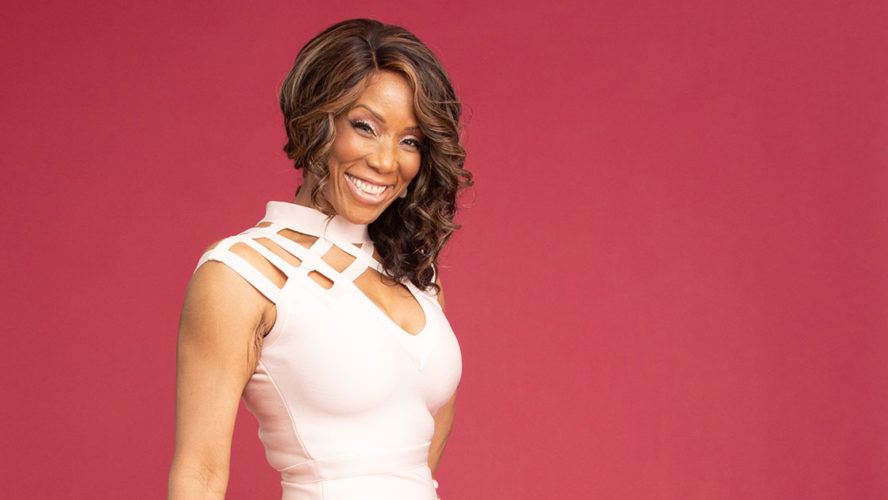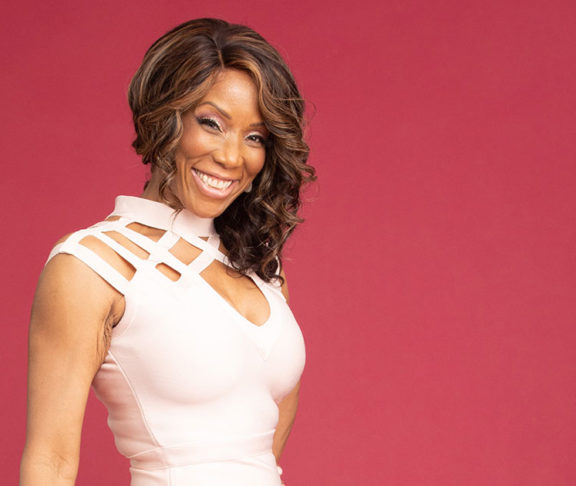Fitness guru, influencer, and author Wendy Ida talks about menopause and being absolutely fabulous at age 70.
Menopause is often treated as something shameful or intensely private despite being a nearly universal experience for women.
“I started early in menopause,” said author and women’s fitness expert Wendy Ida. “Women usually start around age 50, I started at 43, because I had surgery. It was daunting; previous generations weren’t too forthcoming — it was not talked about.”
The roller coaster
Ida experienced many of the negative side effects of going through menopause, including hot flashes, irritability, mood changes, and sleepless nights. “You can feel like you’re crazy,” she says. “You don’t know when it’s coming. And there were times when I wasn’t aware that I had mood swings — it can be an emotional roller coaster.”
That roller coaster of mental and emotional responses to the changes in your body and life can take a toll. “The first thing I would say is, talk to a health professional,” Ida advises, “so you can become more familiar with what’s going on in your new body — and it is a new body.”
Managing menopause
When Ida experienced early menopause at age 43, she was famously out of shape, depressed, and had recently escaped from a violent marriage. Instead of giving up, Ida transformed herself, beginning with her menopausal symptoms.

“For me, the way I managed was getting into physical fitness,” she says. “With menopause it helps subside some of the irritability because it gives you these feel-good endorphins. It relieves stress, it staves off weight gain, it builds muscle, it improves your mental function. It enhances your quality of life totally.”
But physical fitness is also about maintaining your independence. “If we’re not strengthening our bodies,” she explains, “we’re going to become frail and weak. And if we are not getting the proper nutrition, inflammation takes over and that manifests as pain. Now we’re talking about somebody having to take care of us.”
Ida advises women experiencing menopause to focus on cardio, weight training, and flexibility exercises. “A regular fitness program is essential for building strength, muscle, and functional mobility,” she says. “The cardio doesn’t have to feel like hard work if you find something fun, but you have to get moving and get your heart fit. Just go out and take a walk, ride a bike, go swimming. Start with one step at a time. I call them micro-steps. ”
Micro-steps
Ida has been training and coaching for decades and knows all about motivation. “I focus on two things: the benefits and the consequences,” she says. “I focus on how good I feel after I work out, and every time I think about not working out, I remind myself how good I’m gonna feel. Then I think about the consequences — pain, sickness, that loss of independence. I ask myself, is that what you want?”
Ida is a big proponent of breaking overwhelming tasks into micro-steps — a concept that helped get her through the past few challenging years. “Everybody went through this crazy pandemic mental state,” she explains. “So much stuff was happening, and as it was happening, I was writing it down. That’s how I wrote “Unbreak Me” — micro-steps for a year and a half. I was doing it little by little, it was therapeutic for me, and in the book I’m really giving tools and micro-steps on how to approach mental, emotional and physical fitness.”
Ida believes staying positive is essential when dealing with menopause. “Menopause is not easy, but it’s not going to the grave — it’s just beginning. I’m 70 right now, I feel amazing, but I’ve lived through menopause. I’ve experienced it. My glory right now is just sharing my experience to help others.”

